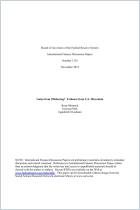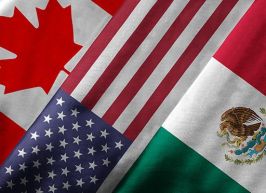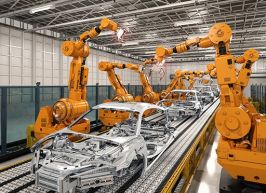Rejoignez getAbstract pour lire le résumé !

Rejoignez getAbstract pour lire le résumé !
Lindsay Oldenski
Reshoring by US Firms
What Do the Data Say?
Peterson Institute for International Economics, 2015
Aperçu
Are you waiting for a return to the glory days of American manufacturing? Don’t believe the hype.
Recommendation
Hooray for reshoring, the process by which the United States will reclaim its rightful place as the world’s manufacturing hub. That’s the popular notion, anyway. But economist Lindsay Oldenski throws cold water on the idea that factory jobs are coming back to America in any meaningful way. In her persuasive, peer-reviewed study, Oldenski argues that the ripples of reshoring are insufficient to reverse the tsunami of offshoring. getAbstract recommends this astute report to global business managers and politicians who need a reality check on a feel-good story.
Summary
About the Author
Lindsay Oldenski is a senior fellow at the Peterson Institute for International Economics and an associate professor of international economics at Georgetown University.




















Comment on this summary